Is milk good or bad for you?

'Milk' such as humans and cows is generally considered to be 'healthy', but there has been a view in the scientific community that it has 'bad effects on the body'. The scientific YouTube channel
Milk. White Poison or Healthy Drink? --YouTube
Milk has been controversial for over a decade, with some claiming it is 'an essential food for healthy bones' and others claiming it 'causes cancer and causes premature death.' It was a target.

Immediately after birth, mammals have an underdeveloped and small digestive system, so they grow by
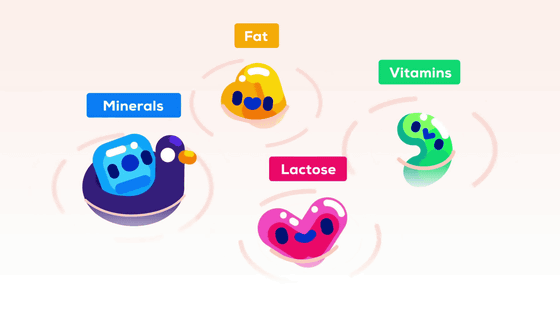
In addition to these nutrients, it is also rich in

Producing breast milk with various nutrition is a burden on the mother. As human children grow up, they stop breastfeeding and eat the same foods as adults.

It has long been unchanging in humankind that 'immediately after birth, we grow up on breast milk and gradually grow to eat the same food as adults.' However, about 11,000 years ago, human beings started farming and started raising livestock such as goats, sheep and cows to collect milk, which changed the process of 'breastfeeding'.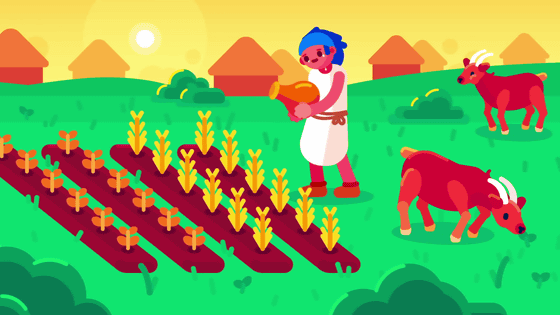
These livestock were creatures that ate abundant weeds that humans cannot eat and converted them into nutritious and delicious foods.
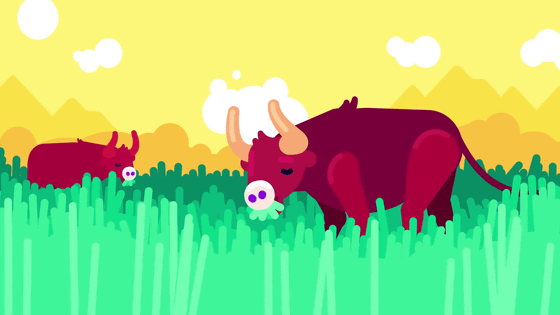
Milk was an excellent food at a time when it was still difficult to survive.
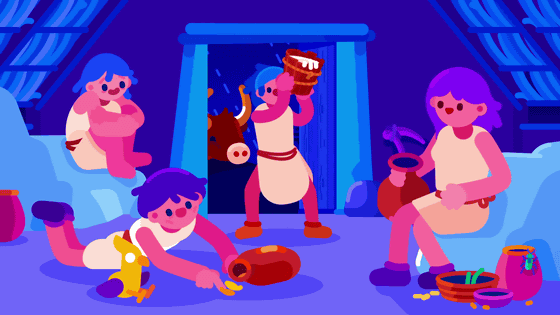
In the meantime, genetic changes began to occur in groups with a culture of 'feeding milk.'

The change is related to an enzyme called


People with lactose intolerance cannot digest even if they consume more than 150 ml of milk a day. Globally, about 65% of people are lactose intolerant. However, the breakdown is biased, with some regions such as East Asia reaching about 90%, and some regions such as Europe and the United States where there are few lactose intolerant people.
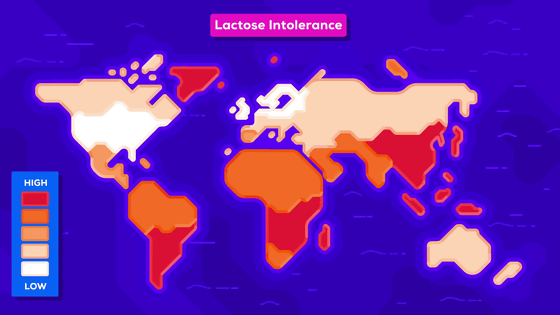
This bias is thought to have arisen in an era when the 'ability to produce lactase even in adulthood', which was initially created by mutation, propagated at the same time that agricultural culture eradicated hunting culture. Those who have the ability to produce lactase and digest dairy products have an evolutionary advantage in being able to 'use more food.'
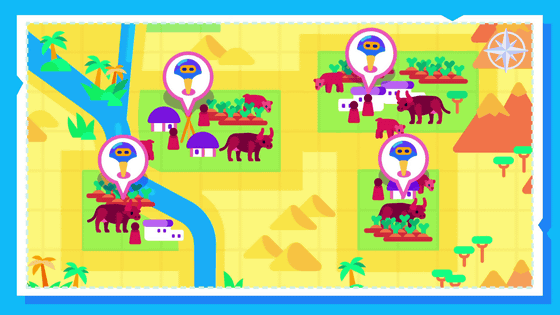
As mentioned above, the culture of drinking milk has existed for thousands of years. However, in recent years, many claims have been made about the health effects of milk, 'good effects' and 'bad effects', and there is a lot of debate about the health effects of milk.

The alleged 'bad effects' range from 'bone fragility,' 'cancer,' 'cardiovascular disease,' and 'allergies.'
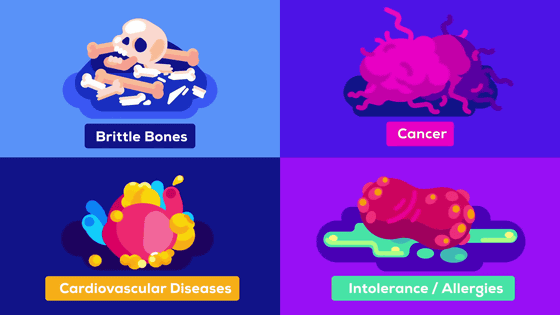

Rather, even a study that 'calcium in milk may reduce the risk of rectal cancer'
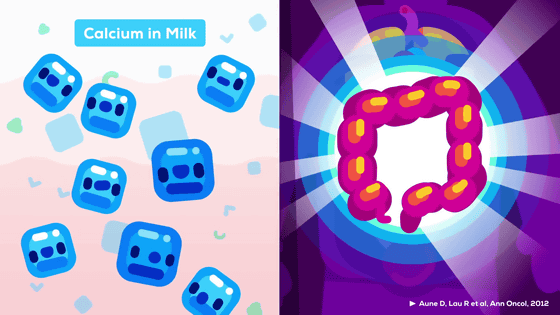
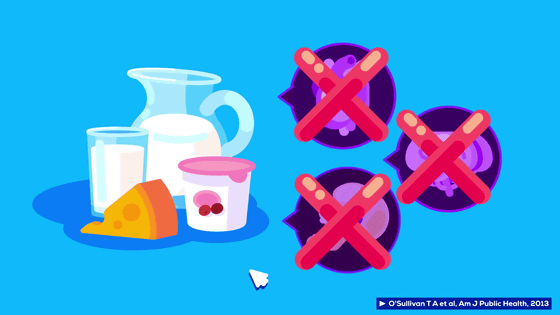
A

There are chemicals such as pesticides, antibiotics, and hormones as anxiety about milk on the market. However, to get the same amount of hormones as hormones, you need to drink nearly 5000 liters of milk. And even if you drink 5000 liters, the hormones will be destroyed before they are absorbed, so it's a shame that you may take hormones.
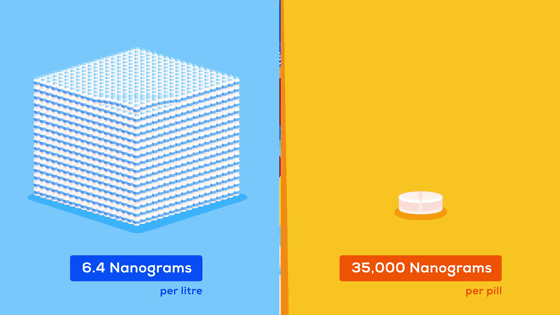
Regulations exist in most parts of the world for pesticides and antibiotics, and only 'completely harmless' milk is allowed to be shipped.

On the other hand, acne and gastrointestinal discomfort, which are physiological reactions due to allergies to dairy products and lactose intolerance, are problems that can actually occur.
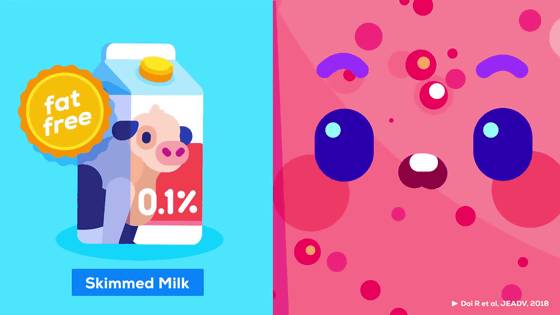
It is known that 1 in 18 children in Germany are allergic to dairy products. However, this allergy often relieves or disappears as it grows.
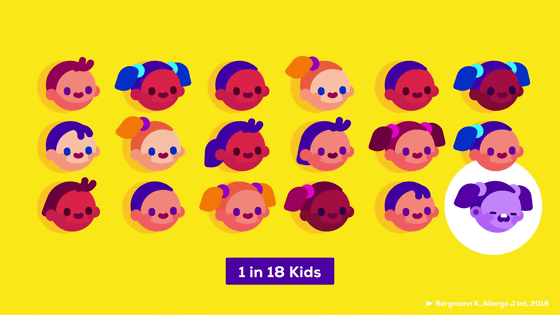
The milk of animals such as humans, cows and goats is still nutritious. Milk is a particularly valuable source of calories in difficult-to-farm areas. Even in developed countries, milk is a harmless food unless you have lactose intolerance or allergies. It is especially important for children to get calcium, and it is a common food for vegetarians to get
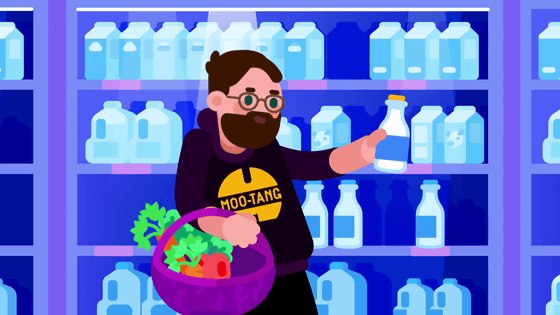
Of course, it doesn't mean that you can't be healthy without eating milk, and the nutrition you can get with milk can be taken with other foods as well.
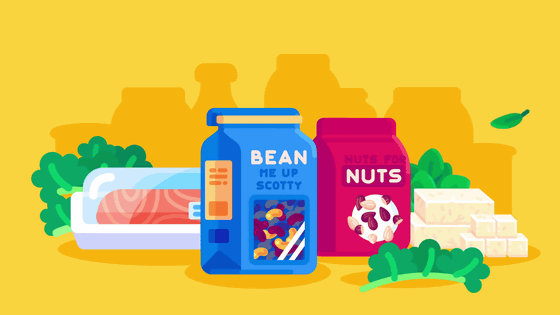
In addition, milk is not a 'water substitute'. If you drink milk on a daily basis, you may gain weight.


Especially sweet coffee milk is more like juice than health food.
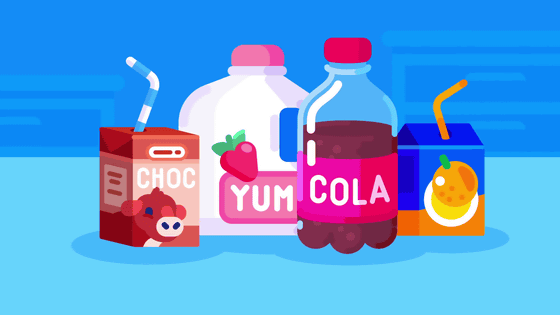
On the other hand, the story is different when it comes to the 'dairy industry.' Milk production has a great impact on global warming.

About 33% of farmland is used for grazing livestock such as dairy cows, and the dairy industry accounts for 3% of total greenhouse gas emissions. This is more than the total emissions of airplanes in the world.

Poor breeding environment for dairy cows is also a problem. Dairy cows are isolated from their mothers shortly after birth and are fertilized and milked at the end of each pregnancy period.
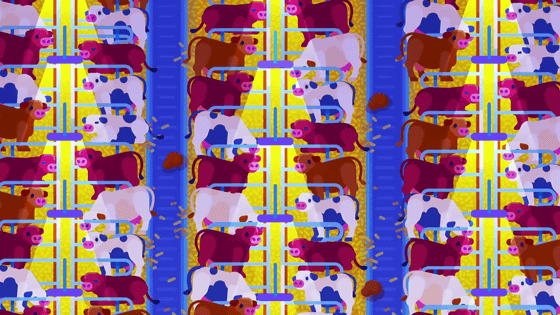
In the natural environment, cows can live for 10 to 15 years, but dairy cows have an average life expectancy of 5 to 6 years. After finishing the role, the dairy cow is disposed of and becomes meat.
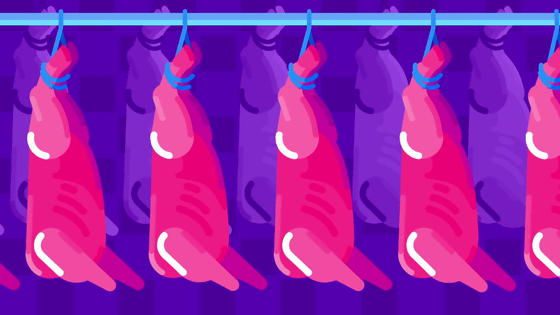
On the other hand, many plant-derived artificial milks have also appeared. However, soy milk is the only unprocessed milk that is comparable in protein and nutrient content to milk. Oat drinks, almond milk, rice milk, etc. are supplemented with nutrients such as vitamins and calcium.
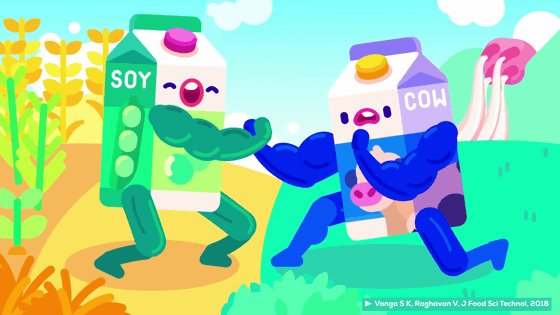
In addition, some start-up companies are producing 'nutritionally equivalent milk' with genetically modified bacteria.
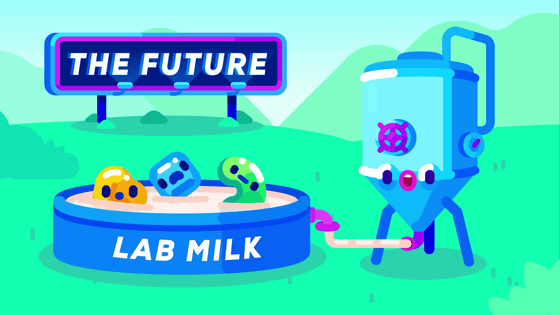
With this scientifically produced artificial milk, it is possible to produce cheese that cannot be made from plant-derived artificial milk.
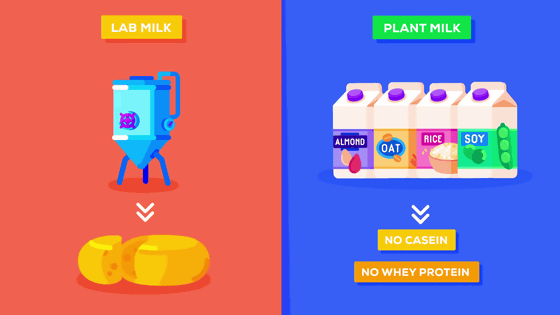
In addition, plant-derived formula has the advantage of having less impact on the environment. If you're concerned about the environment, your locally produced formula is the best.
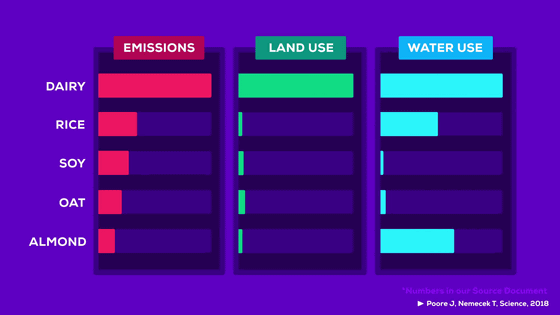
As mentioned above, the discussion about milk is complicated. It is a beneficial food for people who do not have lactose intolerance or allergies and is an important source of calories in areas that are not suitable for farming.

However, on the other hand, it is also true that the dairy industry imposes a poor environment on dairy cows and has a negative impact on the earth.
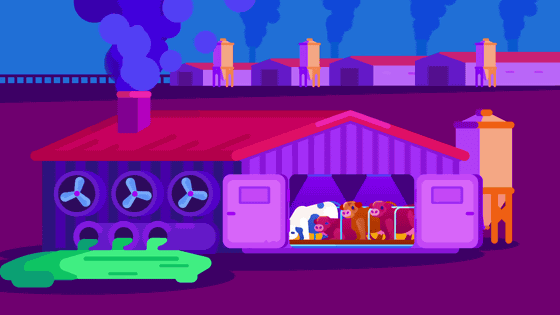
It means that we have to decide how to deal with the facts about milk.
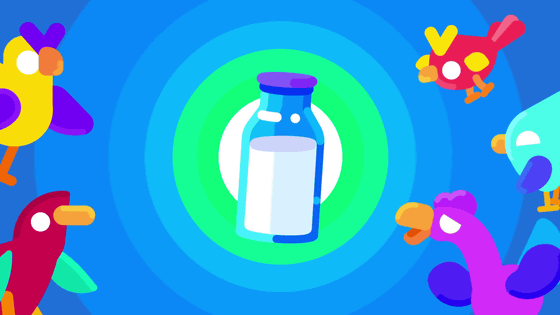
Related Posts:







